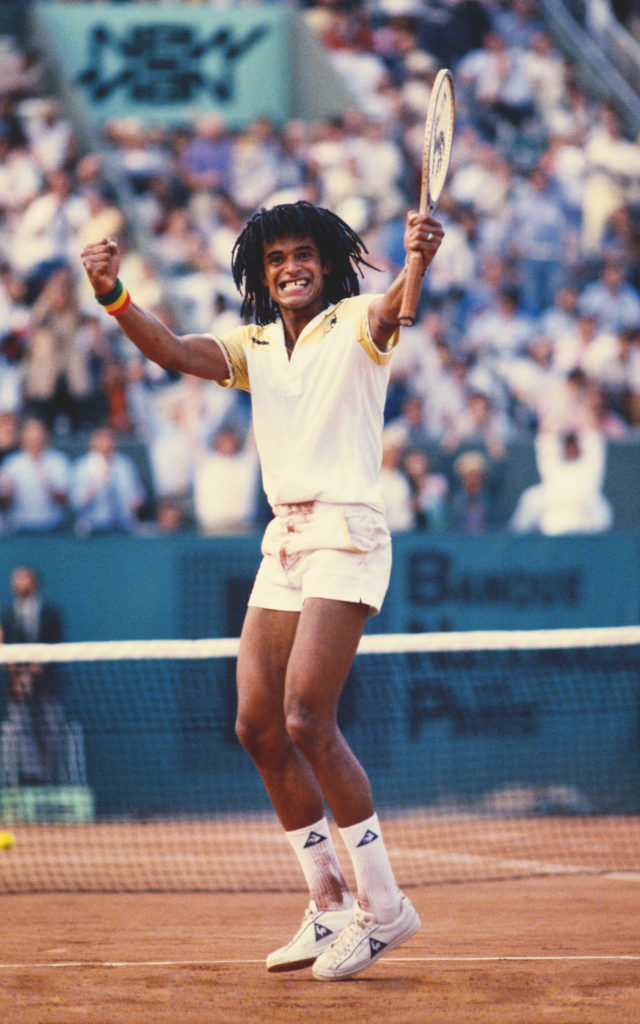
Introduction
Yannick Noah, the famed French tennis player and cultural icon, holds a significant place in both sports history and popular culture. Born on May 18, 1960, in Aix-en-Provence, France, Noah’s legacy extends beyond his Grand Slam victories, reflecting his impact on tennis, music, and philanthropy. His story resonates with many, making him a figure of continued relevance as he inspires younger generations through his various endeavors.
A Stellar Tennis Career
Noah’s professional tennis career began in 1977, and he quickly rose to prominence, achieving the world No. 3 ranking in 1986. His crowning achievement came when he won the French Open in 1983, becoming the first Frenchman to do so in 37 years. Known for his athleticism and charismatic style, Noah captivated audiences worldwide, becoming a symbol of French tennis during his peak years.
Beyond his singles success, Noah also triumphed in doubles, winning several titles, including the prestigious Davis Cup with the French national team in 1991. His influence extended beyond the court as he promoted the sport and motivated many young athletes.
A Life Beyond Tennis
After retiring from professional tennis in 1991, Noah ventured into music, releasing several albums that showcased his passion for song and performance. He achieved popularity in France with hits that echo his vibrant personality, further solidifying his status as a national treasure.
In addition to his artistic pursuits, Noah has dedicated himself to various philanthropic efforts. He founded the “Fête le Mur” association, aimed at providing sports and recreational activities for underprivileged children. This initiative highlights his commitment to giving back and promoting social equity, reflecting his values as a public figure.
Current Developments
In recent years, Noah has remained active in the tennis community, often participating in exhibition matches and events that celebrate the sport’s history. He also shares his insights on the game through commentary and social media while advocating for causes close to his heart. His enduring charisma continues to captivate fans, making him a beloved figure even decades after his peak career.
Conclusion
Yannick Noah is not just a former tennis champion; he is a multifaceted individual who has used his talents across various domains to inspire others. His journey reflects the power of sports as a vehicle for change and personal growth, urging young athletes to chase their dreams while giving back to their communities. As Noah continues to influence both tennis and music, his legacy serves as a reminder of the impact one individual can make in the world.



